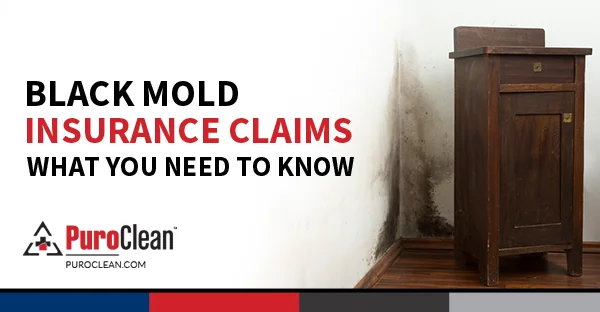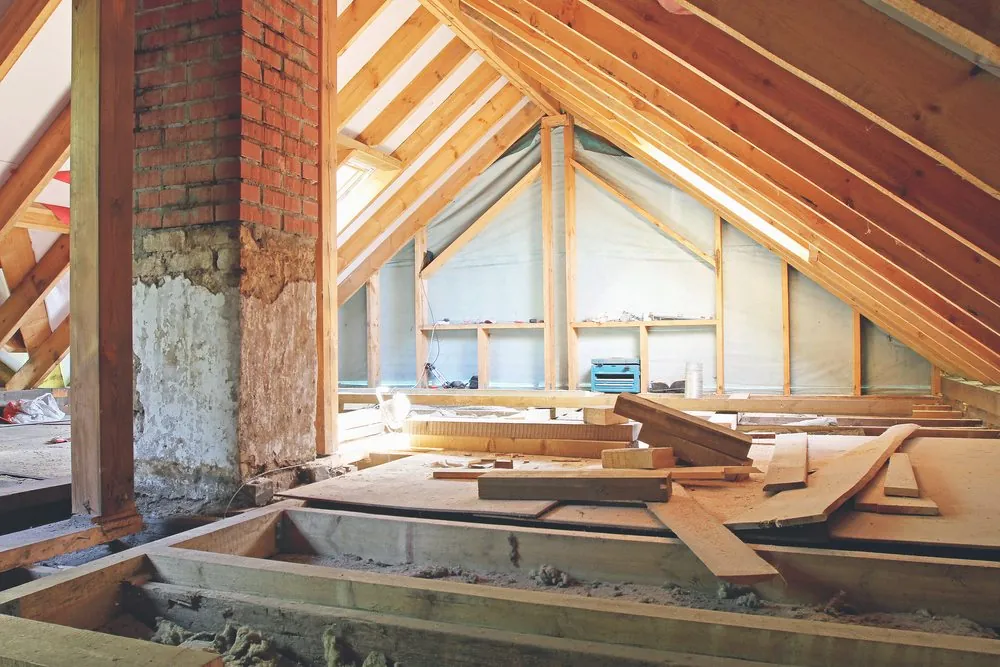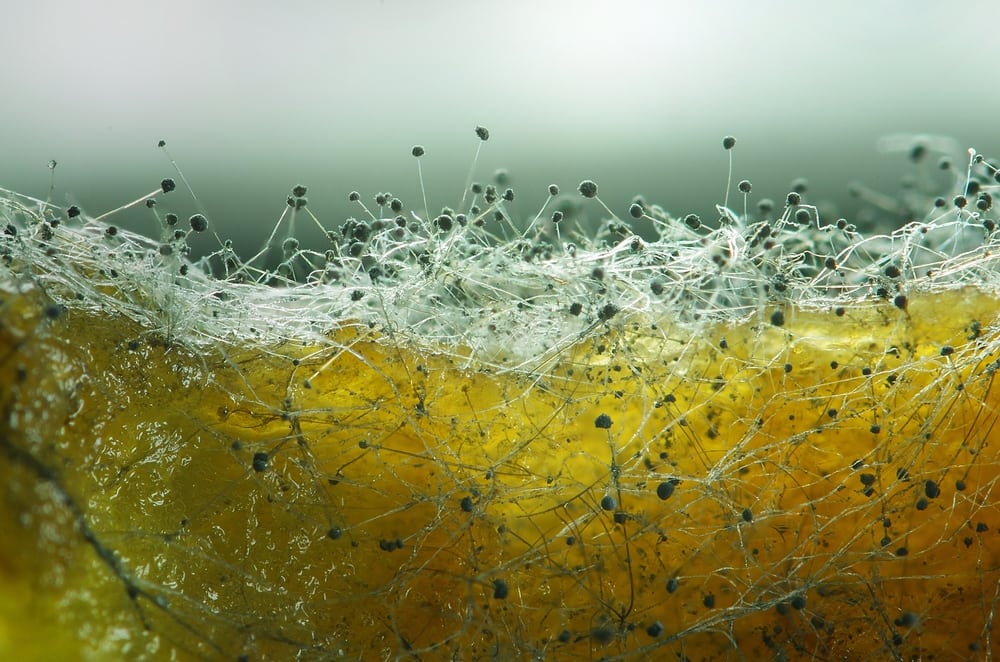 Black mold in homes is an ugly sight. It can also damage the property and cause health problems over long term exposure. In the most severe cases, mold can render a home unsellable. When you encounter a mold problem, should your homeowners insurance policy cover the costs? Here’s some essential information you need to know about black mold insurance claims:
Black mold in homes is an ugly sight. It can also damage the property and cause health problems over long term exposure. In the most severe cases, mold can render a home unsellable. When you encounter a mold problem, should your homeowners insurance policy cover the costs? Here’s some essential information you need to know about black mold insurance claims:
- Whether or not your policy will cover mold damage depends on the cause of mold damage and what your insurance policy stipulates.
- It’s very unlikely that you have coverage if the source of moisture that caused the mold problem was due to neglected maintenance of the property (ongoing humidity, continuous leaks or water seepage, condensation, or problems related to landscaping or drainage).
- Note that flood damage is not covered by insurance policies, so a mold problem occurring after flood damage will not be covered. You will need separate flood insurance.
- However, if the cause of mold growth arises after accidents like fire, lightning or sudden water issues, such as burst pipe, then mold remediation is often covered by most homeowners policies.
- Remember that many insurance companies limit or exclude mold damage coverage even if the event that caused the mold problem is covered by your policy.
- Some insurance providers might cover the cost of removing the materials damaged by mold (especially if it is a Category 3 water loss), but they will not cover the other costs involved in mold remediation, such as containment and clearance.
- Review your insurance policy every year. Ask your agent what to expect if there is a mold issue.
Prevent mold from occurring in the first place to avoid dealing with complicated mold insurance claims. Follow our tips to prevent mold and to remove mold in your home. If the mold problem is large in scale, DIY mold removal might not be a good idea – learn why in this article. For professional fire, water, and mold restoration services, contact your local PuroClean office.



